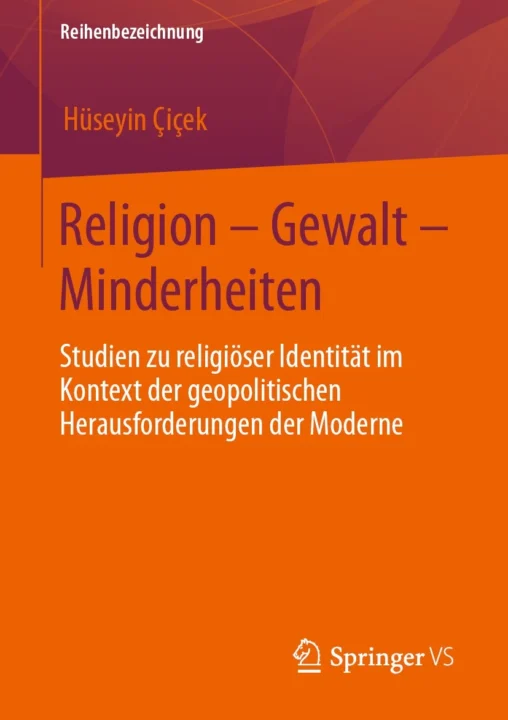Hüseyin Çiçek

Islam and Cold War. The Politicization of Islam during the 1950s in Kemalist-Secular and Islamic-Conservative Media
An analysis of the mutual entanglement of secular and religious political discourses in Turkey during the 1950s, set against the backdrop of the formative phase of the Cold War, is a desideratum in German research on Turkey. This is especially true considering the intra-Turkish discussions in weekly magazines such as AKIS, Yeni Ufuklar, Forum, and Sebilürreşad. From the very beginning, the Truman Doctrine, in its confrontation with the atheistic USSR, relied on the instrumentalization of "religion," thereby stimulating a new political constellation in Turkey. As an ally of the capitalist West, the Kemalist containment of Islam in Turkey came under pressure, ultimately facilitating the emergence of a symbiotic fusion of Turkish Islam and Kemalism.
This research project examines relevant Kemalist-secular (AKIS, Yeni Ufuklar, Forum) and Islamic-conservative (Sebilürreşad) weekly magazines (as depicted in the graphic) to trace the changes in both the (personal) relationships and the arguments of their authors in the context of the global system rivalry of the 1950s. In doing so, it aims to contribute to a productive new focus in research on Turkey. Central to the analysis are the alliances between religiously conservative and secular weekly magazines that, during the 1950s Cold War era, constructed shared codifications of political belonging. This necessitated a renegotiation of the Turkish understanding of collective and identity consciousness against the backdrop of the tensions of global system competition. Only such a research focus, a fundamental thesis of the project posits, allows one to move beyond the dichotomy of Kemalism vs. Islamism and instead understand the history of coalition formations and political entanglements.
Biography
Priv.-Doz. Mag. Dr. Hüseyin Çiçek is a political and religious studies scholar. Dr. Çiçek has been affiliated with the Cluster for Anthropology and Violence at the University of Innsbruck, the Institute for Politics and Contemporary History of the Middle East, the Erlangen Center for Islam and Law in Europe, and the Institute for Islamic Theology at the University of Vienna. He is currently employed at the Institute for Religious Studies at the University of Vienna.
Publications
Priv.-Doz. Mag. Dr. Hüseyin Çiçek has published extensively in the fields of political science and religious studies, with a particular focus on topics such as terrorism, Turkey, and the Muslim and Alevi diaspora in Europe. His recent publication is titled "Religion – Violence – Minorities: Studies on Religious Identity in the Context of the Geopolitical Challenges of Modernity".

